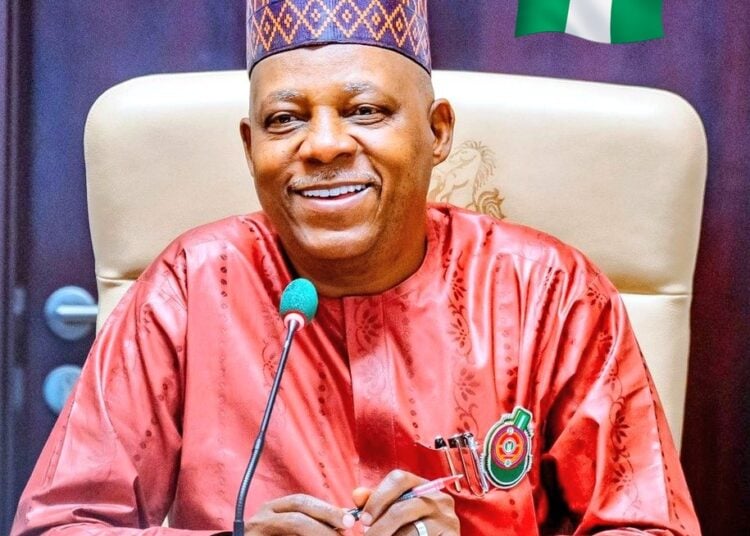The Anambra State Government and the Enugu Electricity Distribution Company have signed an MoU, which will see major cities in Anambra start getting at least 18 hours of power supply from EEDC daily.
When the agreement was signed at the Anambra State Executive Council Chambers, Government House, Awka, on Friday, the governor of Anambra State, Chukwuma Soludo, and the commissioner for power and power resources, Julius Chukwuemeka, made a statement revealing this.
According to the statement, which was signed on behalf of the EEDC by the EEDC’s CEO, Chief Emeka Offor, the agreement will give provisions that ensure Anambra state has an upgraded power supply in the state.
Offor stated that he is determined to start the project’s implementation, which will guarantee that key cities in Anambra start receiving at least 18 hours of daily electricity supply within the next 28 months.
According to the Managing Director/CEO of EEDC, Mr. Praveen Chorghade, the agreement aims to provide universal access to electricity for Anambra citizens as much as is constitutionally permissible while ensuring energy security.
According to the announcement, Chorghade said that the agreement will aid in a general company turnaround and improve service delivery, commercial performance, shareholder value addition, and stakeholder value.
“The EEDC and Anambra state’s business partnership would be strengthened by this model, which also creates new investment options for the twin aim of improved commercial performance and better power supply reliability.”
According to Chorghade, franchising the Anambra power distribution business model would increase operational and financial efficiency, customer service, and supply reliability and quality by adding new networks.
“We currently have 257 projects in various phases of completion, as well as a 66kV high voltage distribution network project in the state of Anambra.
“The current sub-transmission bottlenecks at Amichi, Nnewi, Industrial hub, Onitsha, and Awka are the focus of this effort.
“We think this project will transform the game when it’s finished, on our end, we pledge to use our resources and expertise to further the objectives of our relationship. We want to express our gratitude for this chance once more.”
The governor of Anambra, Soludo, said he is dedicated to the project and that it is consistent with his administration’s strategy for moving the state from a primarily informal business environment to an industrial economy.
A constitutional amendment allowing governments to get permits to create, transmit, and distribute power was signed into law by Nigerian President Buhari.
The generation, transmission, and distribution of energy in Nigerian states are currently subject to licenses.
The legislative shift may increase the supply of power and its dependability, draw in more private investment, and provide state governments with financial independence.
How well the federal government and the collaborating state governments implement and regulate the policy will determine its efficacy.











